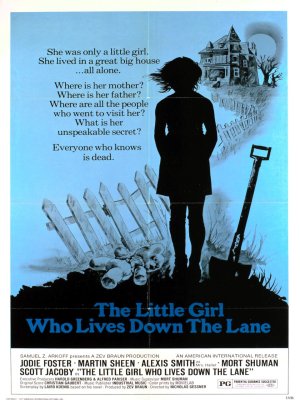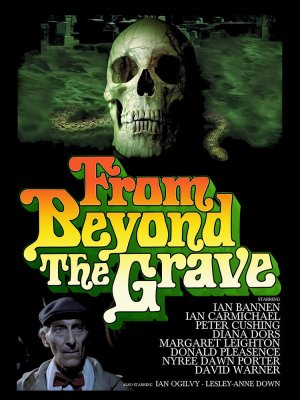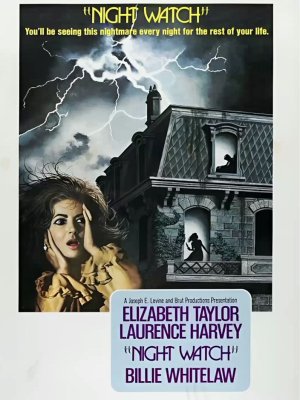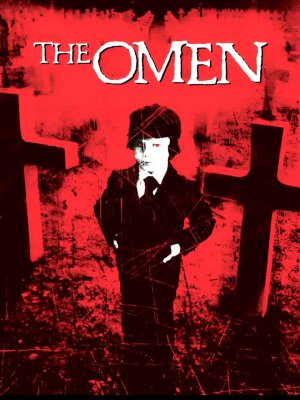Possession
In Berlin, in the 80s, the wall dominates the city. Mark, a former spy, returns home after his last mission, but his relationship with his wife Anna deteriorates. Mark investigates and discovers that Anna is living a second life with a mystery that she does not want to reveal.
Horror cinema is full of films considered "cursed", initially censored or banned, but then become true cult films. This is the case of Possession, a film that at the time left even the most expert critics speechless.
Difficult to classify, Possession is still a horror film: there are violent scenes, lots of fake blood, a monstrous creature and, above all, the representation of Evil in all its power. But it is also a much more complex film than the classics of the genre.
In 1981, Żuławski was already an established director. The film begins by telling, with obsessive and repetitive tones, the crisis of a couple, Anna and Mark (played by Isabelle Adjani and Sam Neill). Their relationship crumbles because of a betrayal, but soon something more disturbing emerges: in an apartment near the Berlin Wall, a mysterious entity is hiding. From the first scenes, we sense that Evil is already present in their relationship, in a subtle and ambiguous way.
Possession is not about a classic demonic possession, but about the theme of the double: Anna has a double in her kindergarten teacher, Mark sees his copy in the creature generated by his wife. This double becomes an element of chaos, leading the film towards an apocalyptic ending.
Here, possession is not a supernatural entity that takes control of a body, but the obsessive desire to shape the other in one's own image, to the point of destroying him. And it is precisely from this idea that true Evil is born: a power that spreads, overwhelms everything and presents itself with a reassuring face, like that of a father knocking on the door.









